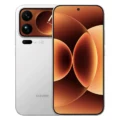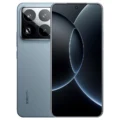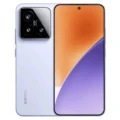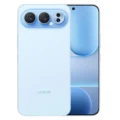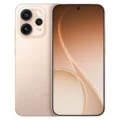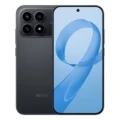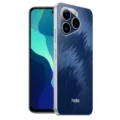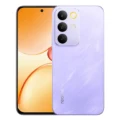Xiaomi Redmi Note 14 Pro+ 5G
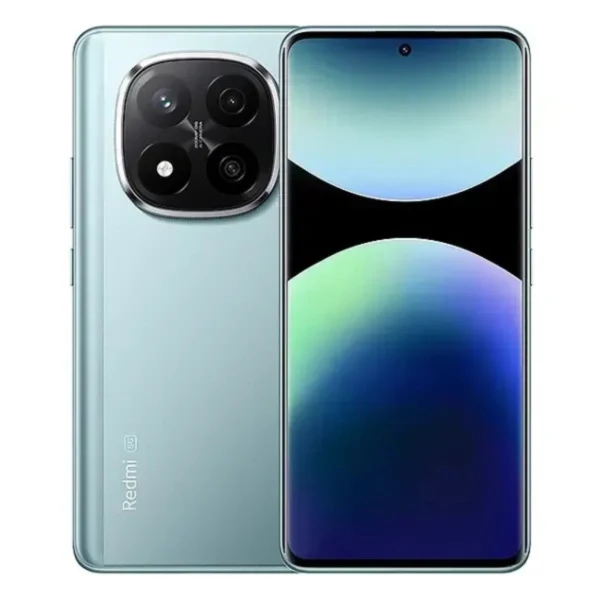

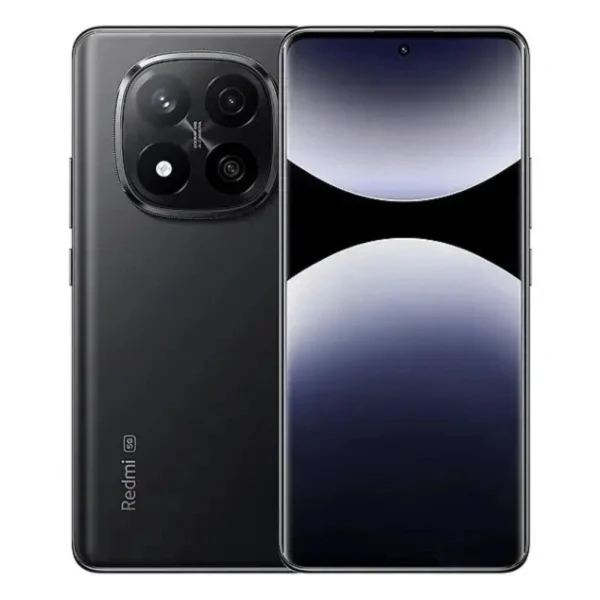
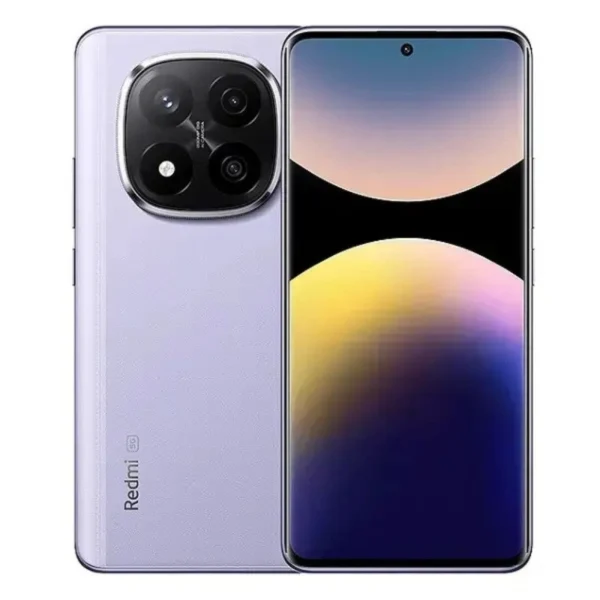

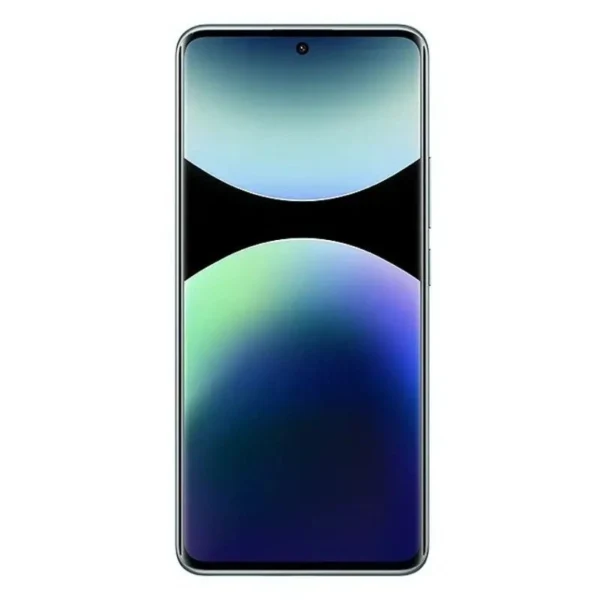
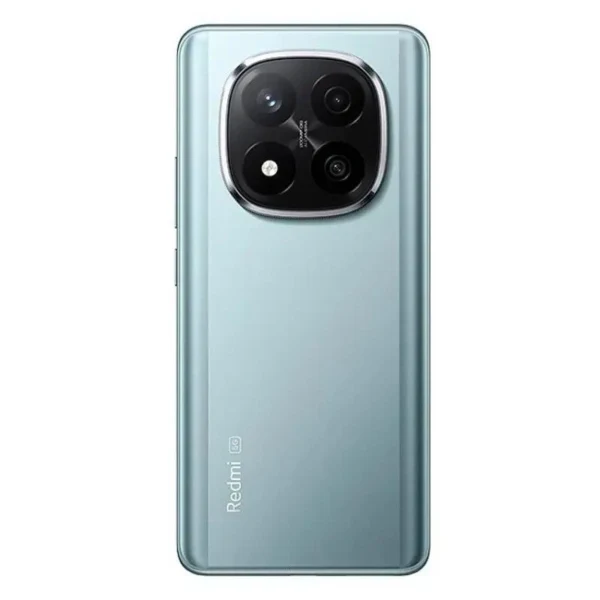
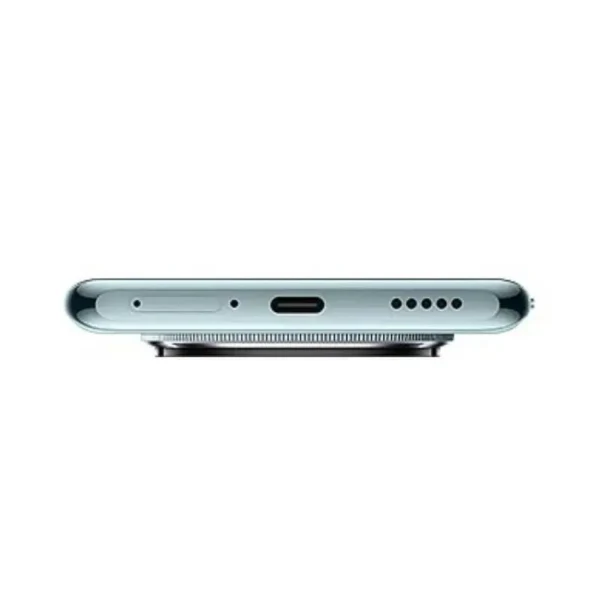
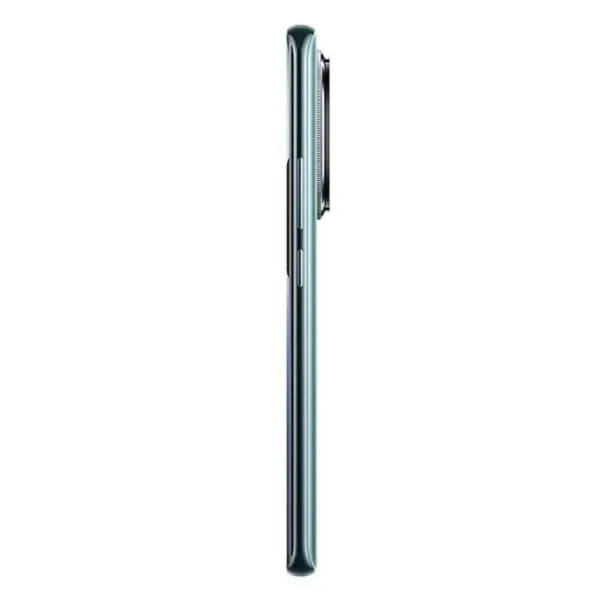
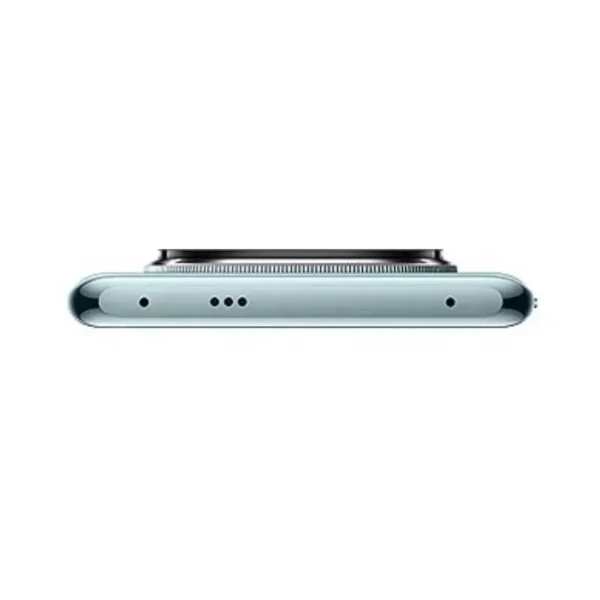
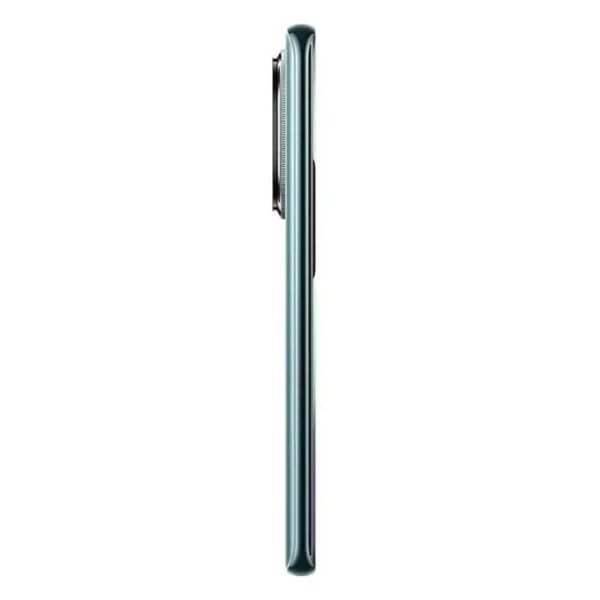
Xiaomi Redmi Note 14 Pro+ 5G price in bd
Xiaomi Redmi Note 14 Pro+ 5G is now available in Three variants (8GB+128GB, 8GB+256GB, 12GB+512GB). Now, Xiaomi Redmi Note 14 Pro+ 5G’s Price Start From is 40,700 BDT (unofficial) in Bangladesh.
Full Specifications
Price in BD
| Unofficial | 8GB+128GB - 40,700 Tk |
| Unofficial | 8GB+256GB - 42,800 Tk |
| Unofficial | 12GB+512GB - 46,500 Tk |
General Info
| Announced | 10 January, 2025 |
| Status | Available |
| Released | 15 January, 2025 |
| Brand | Xiaomi |
| Model | Redmi Note 14 Pro+ 5G |
| Made By | China |
Network
| Technology | GSM / HSPA / LTE / 5G |
| 2G bands | GSM 850 / 900 / 1800 / 1900 |
| 3G bands | HSDPA 800 / 850 / 900 / 1700(AWS) / 1900 / 2100 |
| 4G bands | 1, 2, 3, 4, 5, 7, 8, 12, 13, 17, 18, 19, 20, 26, 28, 32, 38, 40, 41, 42, 48, 66 |
| 5G bands | 1, 2, 3, 5, 7, 8, 12, 20, 26, 28, 38, 40, 41, 48, 66, 77, 78 SA/NSA |
| Speed | HSPA, LTE, 5G |
Body
| Dimensions | 162.5 x 74.7 x 8.8 mm (6.40 x 2.94 x 0.35 in) |
| Weight | 205 g or 210 g (7.23 oz) |
| SIM SIM (Subscriber Identity Module) is a small card that contains mobile network subscriber's account information. This allows the phone using the card to attach to a mobile network. The SIM card is most commonly associated with GSM and UMTS mobile networks. Moving a SIM card from one phone to another allows a subscriber to switch mobile phones without having to contact their mobile network carrier. SIM cards can also be used by a phone to store limited amounts of data, such as phone numbers and text messages. | Nano-SIM + eSIM / Nano-SIM + Nano-SIM |
| Build | Glass front (Gorilla Glass Victus 2), glass back (Gorrila Glass 7i) or silicone polymer back (eco leather), aluminum frame |
| Colors | Lavender Purple, Frost Blue, Midnight Black, Sand Gold |
| IP Rating | IP68 dust tight and water resistant (immersible up to 1.5m for 30 min) |
| Models | 24115RA8EG |
Display
| Display Type Display Technology => A number of display technologies and types used in mobile phones => TFT (Thin Film Transistor), IPS (In-Place Switching), OLED (Organic Light Emitting Diode), AMOLED (Active-Matrix Organic Light-Emitting Diode), Super AMOLED (an even advanced version of AMOLED), Resistive Touchscreen (Resistive touchscreens contain two layer of conductive material with a very small gap between them which acts as a resistance), Capacitive Touchsceen (Capacitive touchscreen technology consists of a layer of glass coated with a transparent conductor) | AMOLED |
| Size | 6.67 inches, 107.4 cm2 |
| Screen to Body | ~88.5% |
| Features | 68B colors, HDR10+, Dolby Vision |
| Brightness | 3000 nits (peak) |
| Refresh Rate | 120Hz |
| Resolution | 1220 x 2712 pixels |
| Aspect Ratio | 20:9 |
| Pixel Density Pixel Density (PPI) is refers to the concentration of pixels on a particular display, measured in pixels per inch (ppi). Pixel density is calculated by dividing the diagonal pixel resolution of a display by its diagonal size, higher pixel density better display quality. | ~446 ppi |
| Protection | Corning Gorilla Glass Victus 2 |
| Touch Screen | Capacitive Touchscreen, Multi-touch |
| Others | Always-on display |
Performance
| Chipset Chipset is a group of integrated circuits designed to perform one or a more dedicated functions, often with real time computing constraints, Popular smartphones are equipped with more advanced embedded chipsets that can do many different tasks depending on their programming. | Qualcomm SM7635 Snapdragon 7s Gen 3 (4 nm) |
| CPU CPU (Central Processing Unit) mostly known as processors, CPU processes instructions in order to carry out certain functions that make your device operate properly. Processors are often described as the brain of computers, smartphones and tablets, Smartphones and tablets rely on processors to carry out their every task, Processors are an incredibly important factor in selecting any type of computing device, including your smartphone. | Octa-core (1x2.5 GHz Cortex-A720 & 3x2.4 GHz Cortex-A720 & 4x1.8 GHz Cortex-A520) |
| GPU GPU (Graphics Processing Unit) is a single-chip processor designed to rapidly manipulate and alter memory to accelerate the creation of images in a frame buffer intended for output to a display, This includes things such as lighting effects, object transformations, and 3D motion. | Adreno 710 (940 MHz) |
| OS | Android 14, up to 3 major Android upgrades |
| UI | HyperOS |
Memory
| RAM RAM (Random Access Memory) is a type of computer memory that can be accessed randomly, any byte of memory can be accessed without touching the preceding bytes that allows information to be stored and accessed quickly from random locations. RAM is the most common type of memory found in computer systems, smartphones, tablets and other electronic devices. | 8 GB, 12 GB |
| ROM | 128 GB, 256 GB, 512 GB |
| Card Slot Memory Card Slot is a special slot for inserting a memory card. Memory cards allow you to expand the phone's built-in memory, A memory card (sometimes called a flash memory card or a storage card) is a small storage medium used to store data such as text, pictures, audio, and video, for use on small, portable or remote computing devices such as mobile phones, mp3 players, digital cameras. | No |
| UFS | 2.2 |
Main Camera
| Triple |
200 MP, f/1.7, 23mm (wide), 1/1.4", 0.56µm, multi-directional PDAF, OIS 8 MP, f/2.2, 15mm, 120˚ (ultrawide), 1/4.0", 1.12µm 2 MP, f/2.4, (macro) |
| Features | HDR, panorama |
| Flash Flash Light => There is commonly two types of flash lights are used in camera mobile phones, LED Flash (LED flash offers lower power consumption with drive circuitry that takes up very little room, LEDs can be strobed faster than any other light source), Xenon Flash (xenon flash produces an extremely intense full-spectrum white light for a very short duration) | LED flash |
| Video Recording | 4K@24/30fps, 1080p@30/60/120fps, gyro-EIS, OIS |
| Autofocus | |
| Settings | Exposure compensation, ISO control |
| Zoom | Digital Zoom |
Selfie Camera
| Single | 20 MP, f/2.2, 21mm (wide), 1/4.0", 0.7µm |
| Features | HDR, panorama |
| Video Recording | 1080p@30/60fps |
Sound
| Loudspeaker | |
| 3.5mm jack | |
| Others | 24-bit/192kHz Hi-Res & Hi-Res wireless audio |
Connectivity
| WLAN Wi-Fi is a popular wireless networking technology using radio waves to provide high-speed network connections that allows devices to communicate without cords or cables, Wi-Fi is increasingly becoming the preferred mode of internet connectivity all over the world. | Wi-Fi 802.11 a/b/g/n/ac/6/6e, dual-band, Wi-Fi Direct (/6e is market/region dependent) |
| Bluetooth Bluetooth is a wireless communications technology for exchanging data between mobile phones, headsets, computers and other network devices over short distances without wires, Bluetooth technology was primarily designed to support simple wireless networking of personal consumer devices. | 5.4, A2DP, LE |
| Positioning | GPS (L1+L5), GALILEO, GLONASS, QZSS, BDS |
| NFC NFC (Near field communication) is a set of standards for smartphones and similar devices to establish peer-to-peer radio communications with each other by touching them together or bringing them into proximity, usually no more than a few inches. | |
| Infrared Infrared connectivity is an old wireless technology used to connect two electronic devices. It uses a beam of infrared light to transmit information and so requires direct line of sight and operates only at close range. | |
| Radio | |
| USB | Type-C 2.0, OTG |
Sensors
| Sensors Sensors are electronic components that detects and responds to some type of input from the physical environment. The specific input could be light, heat, motion, moisture, pressure and location, The output is generally a signal that is converted to use in computing systems, a location sensor, such as a GPS receiver is able to detect current location of your electronic device. | accelerometer, gyro, compass, proximity |
| Fingerprint | Under display, optical |
| Face Unlock | Yes |
| Others | Circle to Search |
Battery
| Battery Type Battery Type => Cell phones run on various kinds of batteries depending on the manufacturer, phone size or shape and features. There are basically four types of cell phone batteries => Lithium Polymer, Lithium Ion, Nickel Metal Hydride and Nickel Cadmium. | Li-Pol (Lithium Polymer) |
| Capacity Battery Capacity is a measure (typically in Amp-hr) of the charge stored by the battery, and is determined by the mass of active material contained in the battery. The battery capacity represents the maximum amount of energy that can be extracted from the battery under certain conditions. | 5110 mAh |
| Charging | 120W wired |
Tests
| Performance | AnTuTu: 750292 (v10) / GeekBench: 3234 (v6) / 3DMark: 1049 (Wild Life Extreme) |
| Display | 1200 nits max brightness (measured) |
| Loudspeaker | -26.5 LUFS (Good) |
| Battery | Active use score 10:40h |
PROS
- AMOLED, 68B colors, 120Hz, HDR10+, Dolby Vision
- Qualcomm SM7635 Snapdragon 7s Gen 3 (4 nm)
- Video 4K@24/30fps
- Fast Charging 120W
- NFC
- Infrared port
CONS
- Card slot Not Support
- No 3.5mm jack
- No FM Radio
Xiaomi Redmi Note 14 Pro+ 5G Highlights
The Xiaomi Redmi Note 14 Pro+ 5G brings a modern design with strong build quality. It features Gorilla Glass Victus 2 on the front and Gorilla Glass 7i or eco-leather on the back, supported by an aluminum frame. The phone is IP68 rated, meaning it’s dustproof and water-resistant — you can even dip it in 1.5 meters of water for up to 30 minutes without worry. With a sleek body measuring just 8.8 mm thick and weighing about 205g, it feels solid yet comfortable in hand. It’s available in stylish colors like Lavender Purple, Frost Blue, Midnight Black and Sand Gold.
The display on this phone is one of its best features. It has a 6.67-inch AMOLED screen with a 120Hz refresh rate, making it super smooth for scrolling and gaming. The resolution is 1220 x 2712 pixels, so everything looks sharp and detailed. With support for Dolby Vision and HDR10+, watching videos feels immersive, and the screen can go up to 3000 nits peak brightness — perfect for outdoor use. Corning Gorilla Glass Victus 2 keeps the screen protected from scratches and drops.
In terms of performance, the Redmi Note 14 Pro+ 5G runs on the powerful Snapdragon 7s Gen 3 chip built on a 4nm process. This makes multitasking fast and smooth and games run without lag thanks to the Adreno 710 GPU. It comes with either 8GB or 12GB of RAM and up to 512GB of internal storage, although there’s no microSD card slot. The phone runs on Android 14 with Xiaomi’s HyperOS and it promises at least three major Android updates, which is great for long-term use.
The camera setup is another big highlight. The main rear camera is 200MP with optical image stabilization (OIS), so your photos come out sharp even if your hands shake. You also get an 8MP ultrawide lens for landscapes and a 2MP macro lens for close-up shots. Video recording is top-notch, with support for 4K at 30fps. On the front, there’s a 20MP selfie camera that supports HDR and 1080p video at up to 60fps, making it great for video calls and social media content.
Battery life won’t be a problem here. It has a 5110mAh battery, which easily lasts a full day even with heavy use. What’s even better is the 120W wired charging, which can charge the phone from 0 to 100% in just about 20 minutes. This is super handy when you’re in a hurry. The phone also includes advanced connectivity like Wi-Fi 6/6e, Bluetooth 5.4, NFC and a fast under-display fingerprint scanner for secure unlocking.
For sound, the Redmi Note 14 Pro+ 5G skips the headphone jack but compensates with Hi-Res and Hi-Res wireless audio. This means if you use quality wireless headphones, you’ll enjoy clear and rich sound. It also supports dual stereo speakers, which deliver good audio for videos and games. Additional smart features like “Circle to Search” and Face Unlock add convenience to daily use.
1. What is the battery capacity of the Xiaomi Redmi Note 14 Pro+ 5G?
The Xiaomi Redmi Note 14 Pro+ 5G comes with a 5110 mAh battery also supports charging 120W.
2. Does the Xiaomi Redmi Note 14 Pro+ 5G support 5G?
Yes, the Xiaomi Redmi Note 14 Pro+ 5G supports 5G connectivity, making it future-ready for high-speed internet and seamless streaming or downloading.
3. How good is the camera on the Xiaomi Redmi Note 14 Pro+ 5G?
The Xiaomi Redmi Note 14 Pro+ 5G features a 200+8+2 MP main camera and a 20 MP front camera. It delivers sharp photos, great low-light performance (Night Mode), and includes features like AI enhancement, Portrait mode, and Ultra-Wide shots.
4. What processor does the Xiaomi Redmi Note 14 Pro+ 5G have and is it good for gaming?
It is powered by the Qualcomm SM7635 Snapdragon 7s Gen 3 (4 nm) processor. This chipset handles multitasking and gaming smoothly, including popular Game like PUBG, Free Fire and Call of Duty Mobile.
5. How much RAM and storage does the Xiaomi Redmi Note 14 Pro+ 5G have?
The device offers 8 GB, 12 GB of RAM and 128GB, 256 GB, 512GB of internal storage But Not Support microSD card.
Why should you buy this Xiaomi Redmi Note 14 Pro+ 5G phone?
The Redmi Note 14 Pro+ 5G offers flagship-level features at a mid-range price. For just 39,999 Tk (8GB+256GB unofficial price in Bangladesh) you get a premium AMOLED display, excellent cameras, fast performance and super-fast charging. It’s a future-ready phone with 5G support, making it a great choice for both everyday users and tech enthusiasts.
| Model | : | Redmi Note 14 Pro+ 5G |
| Released | : | 15 January, 2025 |
| RAM | : | 8 GB |
| ROM | : | 128 GB |
| Price | : | 40,700 Taka |
Our Verdict on the Xiaomi Redmi Note 14 Pro+ 5G
The Xiaomi Redmi Note 14 Pro+ 5G is one of the best value-for-money smartphones available in 2025. It delivers in almost every area — display, performance, camera, battery life and design. If you’re looking for a phone under 48,000 Tk that doesn’t compromise on modern features, this one should be at the top of your list.
Follow X – See Xiaomi Poco X7 Pro
Reviews
Disclaimer Note
We always try our best to keep our website content and information updated and correct, the material and information contained on our website is for general information purposes only, You should not rely upon the material and information as a basis for making any business, legal or any other decisions.
